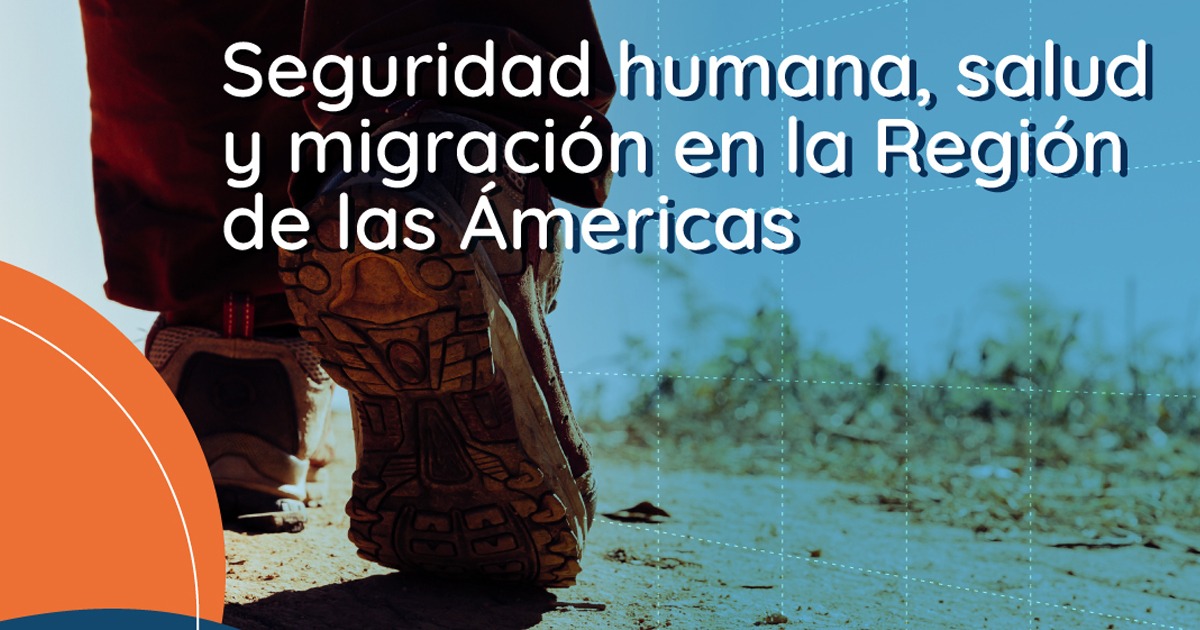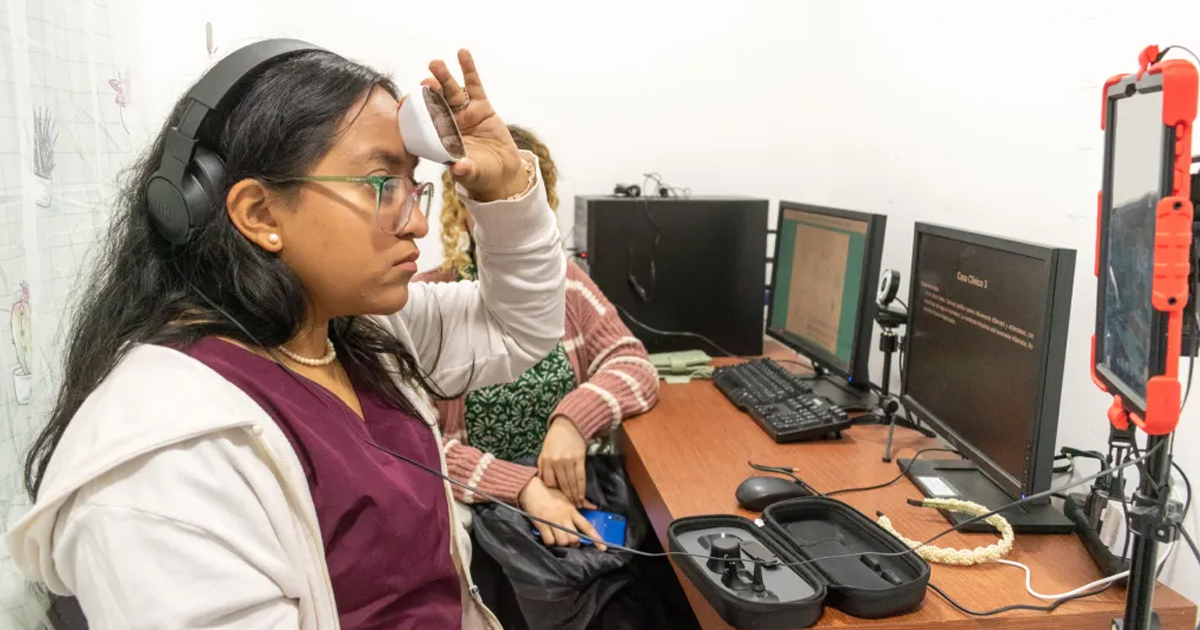The Pan American Health Organization (PAHO), published the first issue of the series Digital Transformation, Knowledge Capsule, entitled: Artificial Intelligence in Public Health
In these Knowledge Capsules on Digital Transformation, PAHO explains what the guiding principles are for the use of Artificial Intelligence (AI) interventions, for public health. The document explains that it should be guided by overriding technical and ethical considerations.
The eight guiding principles for AI applied in public health are as follows:
- People-centered. Actions and solutions must be people centered and not be used solely by itself. AI should respect the rights of the individual.
- Ethically grounded. Discussions, developments, and implementation must be grounded in the globally agreed ethical principles of human dignity, beneficence, non-maleficence and justice.
- Transparent. Transparent approaches must always be used and communicated when developing AI algorithms.
- Data protected. Privacy, confidentiality, and security of data use must be foundational to every AI development.
- Demonstrates scientific integrity. AI interventions should follow scientific best practice including being reliable, reproducible, fair, honest, and accountable.
- Open and sharable. Everything must be as open and sharable as possible. Tools and underlying concept of Openness must be a feature and a critical success factor of any AI development.
- Non-discriminatory. Fairness, equality and inclusiveness in impact and design should always form the foundation of any AI initiative for Public Health.
- Human-controlled technology. Formal processes for human control and review of automated decisions are mandatory.

Subfields of AI for the benefit of public health
Some of the subfields of AI that have already been applied to benefit public health services, as well as for research and to improve disease diagnosis are as follows: machine learning, cognitive search, natural language processing, robotics, virtual agents (chatbots), computer vision, deep learning and speech analytics,
For example, machine learning has been used during the pandemic to detect COVID-19 before it develops its most severe form, cognitive search has been used to evaluate and analyze information about COVID-19, deep learning is used to detect diabetic retinopathy, among other examples.
See the frameworks section in the World Health Organization's category, to read the full document: https://saluddigital.com/marcos-referenciales
PAN AMERICAN HEALTH ORGANIZATION






